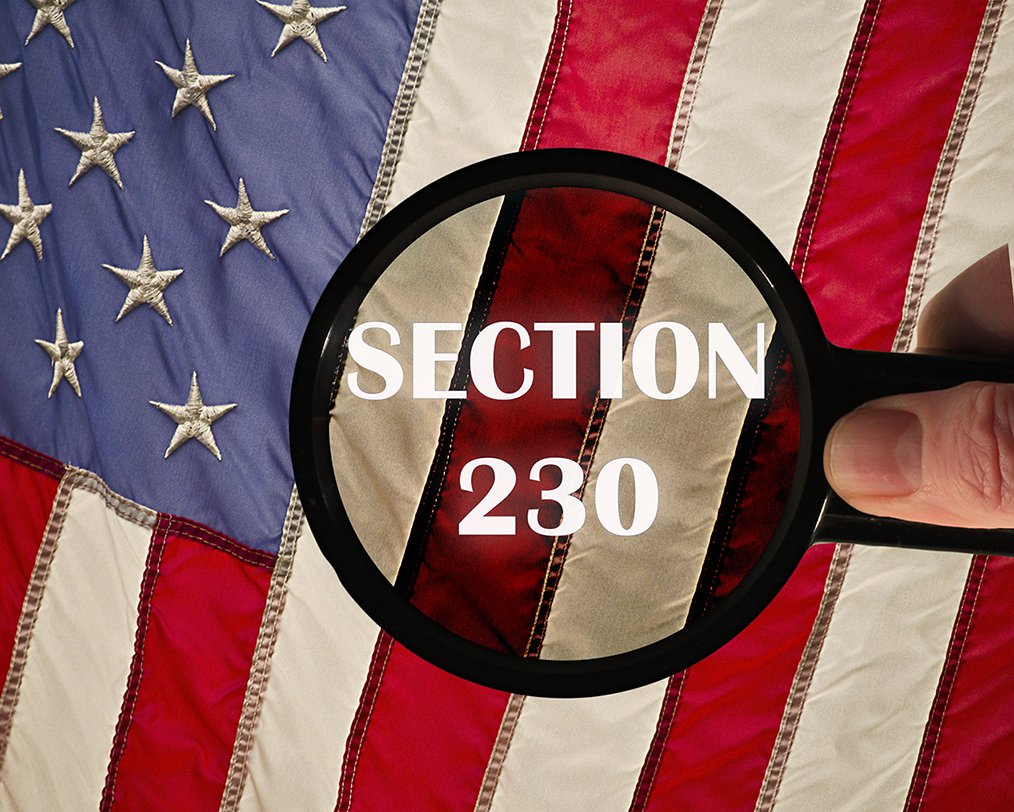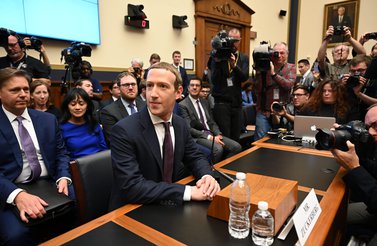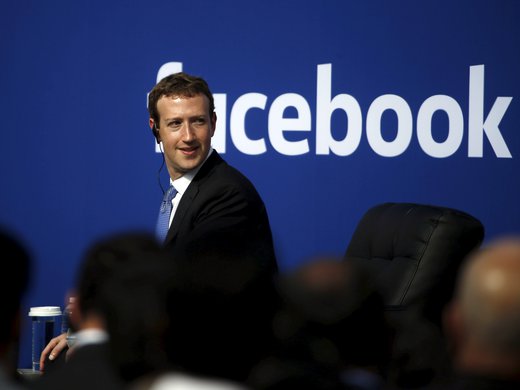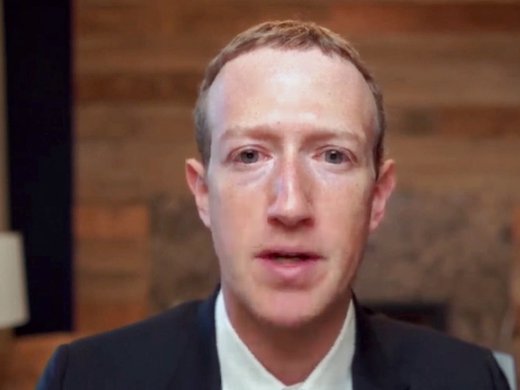Section 230 of the Communications Decency Act, enacted by the US Congress in 1996, says websites typically aren’t liable for third-party content. Many people agree with Section 230’s general principle that liability should be imposed on the party that posts wrongful content, rather than on the speech facilitators in the middle.
Yet Section 230’s reputation took a hit from former US president Donald Trump’s relentless attacks in 2020, plus the overall “techlash” against the accumulation of power and resources in the hands of the internet giants.
US regulators are now increasingly open to reforming Section 230 in ways that will dramatically change the internet’s role in our society — but almost certainly for the worse. Here are five reasons why.
1. Internet Exceptionalism and Section 230
Section 230 is an “exceptionalist” statute, because it treats the internet differently, and more favourably, than other media. Regulatory exceptionalism is a tricky concept; it’s easy for regulators to overstate the differences between new and old tech, which can lead to poor outcomes.
However, in this situation, Congress got it right. Due to Section 230, we’ve seen the emergence of new and unprecedented forms of human interaction: consumer reviews, how-to videos (and cat videos) on YouTube, online marketplaces such as eBay, a peer-operated encyclopedic wiki (Wikipedia), social media platforms that enable people to share content and converse with their friends, and so much more. Over the last 25-plus years, we’ve confirmed that the internet is indeed a unique medium, and it requires favourable regulatory exceptionalism to reach its potential.
2. Section 230 Enhances the First Amendment
The US Constitution’s First Amendment is well-known around the world for its free speech protection. But it isn’t the only US law that promotes free speech. The First Amendment sets a legal floor for free speech. Legislatures can, and sometimes do, pass laws that facilitate speech above the First Amendment’s minimum. Section 230 is an excellent example of a speech-enhancing statute.
Some commentators have suggested that if Congress hadn’t enacted Section 230, the courts would have provided equivalent free speech protections due to the First Amendment. If so, Congress’s reforms to Section 230 don’t put too much speech at risk, because the First Amendment would backfill any reduction in protection.
This line of thinking is incomplete at best. While the First Amendment would likely backfill some parts of Section 230, Section 230 substantively covers other claims the First Amendment does not reach. More importantly, Section 230 provides crucial procedural advantages for defendants that make it possible for courts to dismiss lawsuits over third-party speech quickly and relatively cheaply. These procedural benefits aren’t required by the First Amendment, and they absolutely affect the substantive outcomes achieved by services and their users. With the help of Section 230, internet services stand up for their users’ content in court instead of acceding to unmeritorious but expensive litigation demands. Unfortunately, because Congress doesn’t understand Section 230’s mechanics, any Section 230 reforms will almost certainly eliminate these procedural advantages.
3. Section 230 Enhances Competition
Section 230 keeps the door open for entities that hope to dislodge the current internet incumbents. With Section 230’s help, new entrants can enter the market without building the same level of costly content moderation infrastructure that incumbents can afford, and new entrants don’t have to earmark a portion of their initial capital for costly litigation over third-party content.
This leads to a counterintuitive conclusion: although the current internet incumbents enjoy Section 230’s benefits, reforming the law would increase the benefits for them by making it harder for rivals to emerge. This might help explain why Facebook actively lobbies against Section 230.
4. Section 230 Is the Law in Canada (but Not Really)
For its first 20-plus years, Section 230 was a uniquely American policy. This changed in 2019 with the adoption of the Canada-United States-Mexico Agreement (CUSMA) (sometimes called NAFTA 2.0). Article 19.17 of CUSMA requires each country to maintain legal rules that resemble Section 230. Thus, when Canada ratified CUSMA, it committed to providing Section 230-like immunity against internet services’ liability for third-party content.
In theory, Canada’s judge-made common law could satisfy Article 19.17, but Canadian case law diverges from Section 230. As just one example, Canadian law has an “innocent dissemination” exception to defamation liability, while Section 230 would pre-empt all online defamation claims involving third-party content, whether “innocently” disseminated or not. Bill C-10, which proposes to impose broadcast regulations on user-uploaded videos, would move Canada even further away from Article 19.17.
Despite this possible divergence, the United States is now so ambivalent about Section 230 that it’s unlikely to demand strict compliance with Article 19.17 from its trading partners.
5. Gutting Section 230 Won’t Make the Internet Better
Regulators across the United States have put Section 230 in jeopardy, because they think they know how to fix the internet. Many of those regulatory fixes seek to force internet services to magically make people treat each other better. This is unrealistic. People have been terrible to each other offline for millennia — well before the internet existed — so it’s not surprising that people are terrible to each other online as well. Like a mirror, the internet shows us society’s ugly sides. Reforming Section 230 won’t erase those aspects of humanity. In effect, regulators want internet services to achieve the impossible by preventing all anti-social interactions by their users, a standard that no institution can achieve anywhere else in our society.
Instead, Section 230 reform and other anti-internet regulatory reforms will accelerate the end of the Web 2.0 era in the United States, as unmanageable legal risks squeeze most of the existing internet services out of the business of user-generated content. In its place, we’ll see some internet services expand their distribution of professionally produced content, which poses less legal risk to them. To afford the licence fees for this content, these services will deploy paywalls. The widespread placement of professionally produced content behind paywalls will turn the internet into something resembling Netflix.
We currently live in a remarkable period of human history, where everyone has the power to speak their mind — for free — and has unrestricted access to lots of high-quality amateur content — also for free. Changes to Section 230 and other anti-free-speech regulations will drive us toward a new era, in which fewer voices will have the power to speak online; those privileged voices will be less diverse and will exclude niche non-majoritarian interests; and consumers will pay more of their hard-earned dollars to access online content. Our children and grandchildren will never know the online freedoms we currently take for granted. Our society will be poorer for it.




